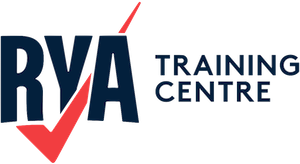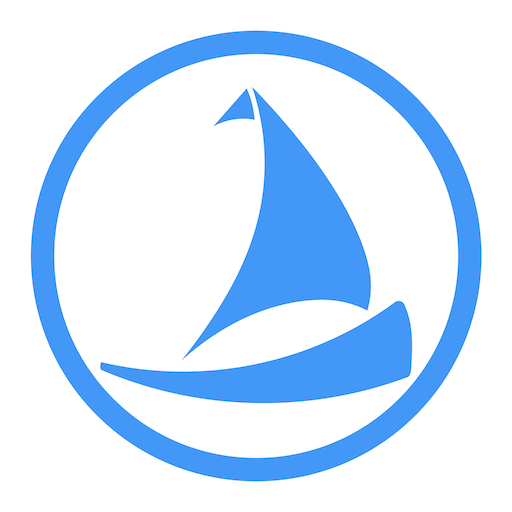Life Saving Signals Table
Maritime & Coastguard Agency lifesaving signals table, including pictures and descriptive information on the signals you can use when in distress at sea.
The Maritime and Coastguard Agency (MCA) in the United Kingdom oversees maritime safety, including the use of life-saving signals. The MCA's life-saving signals are based on internationally recognised standards to ensure effective communication during distress and rescue operations. These signals are essential for ship, aircraft, and rescue personnel coordination. Here are the primary components and categories of these life-saving signals:
Visual Signals
- Daytime Signals:
- Orange Smoke: Indicates distress.
- Waving Arms: Signifies a need for help.
- Flag N over C: International code for distress.
- Nighttime Signals:
- Red Flares: Indicates distress.
- White Flares: Often used to attract attention or as a warning signal.
- SOS Signal: Using a light to signal "SOS" in Morse code.
Audio Signals
- Sound Signals: Prolonged sound blasts (horn or whistle) can indicate distress.
- Mayday Call: The spoken word "Mayday" repeated three times, followed by the distress message.
Radio Signals
- Voice Communication:
- Morse Code:
- SOS: Represented by "···---···" (three short, three long, three short).
Aerial Signals
- Dye Markers: Colored dyes in the water can signal distress and help rescuers locate individuals or vessels.
- Handheld Mirrors: Used to reflect sunlight and signal aircraft.
Hand Signals and Flags
- Arm Signals:
- Waving Both Arms Up and Down: Used to attract attention and signal distress.
- One Arm Raised: Typically signals that assistance is required.
- Flags:
- International Code Flags: Specific flags and combinations, like "N" over "C," indicate distress.
- Semaphore: Using handheld flags to signal letters of the alphabet.
Pyrotechnic Signals
- Flares: Red hand-held or parachute flares for distress.
- Rocket Signals: Rockets with a parachute attached, signaling distress.
Signaling by Aircraft
- Day Signals:
- Circling the Vessel: Indicates that the aircraft has seen the vessel.
- Dropping Lifebuoys or Equipment: Indicates that help is on the way.
- Night Signals:
- Flashing Lights: Using aircraft lights to signal the vessel.
Coordination and Response Signals
- Acknowledgment Signals:
- White Flare: Indicates acknowledgment of a distress signal.
- Searchlight: Flashing the searchlight on the distressed vessel.
- Directional Signals:
- Aircraft Making Passes: Directional signals guide vessels or lifeboats towards the location of distress.
These signals are crucial for ensuring clear and effective communication during maritime emergencies. The MCA provides guidelines and training to ensure that mariners are familiar with these signals and can use them appropriately in emergencies.
Document Preview
Login or Join Now to preview this download
- Life Saving Signals Table
-
File Type
- Categories Free Download, Keeping Safe at Sea, Sailing Essentials
- Current Version 1.0
- Date Created 14th November 2022
- Last Updated 11th May 2025
- Times Downloaded 839
- File Size 1.00 MB
- Login or Register to View or Download

